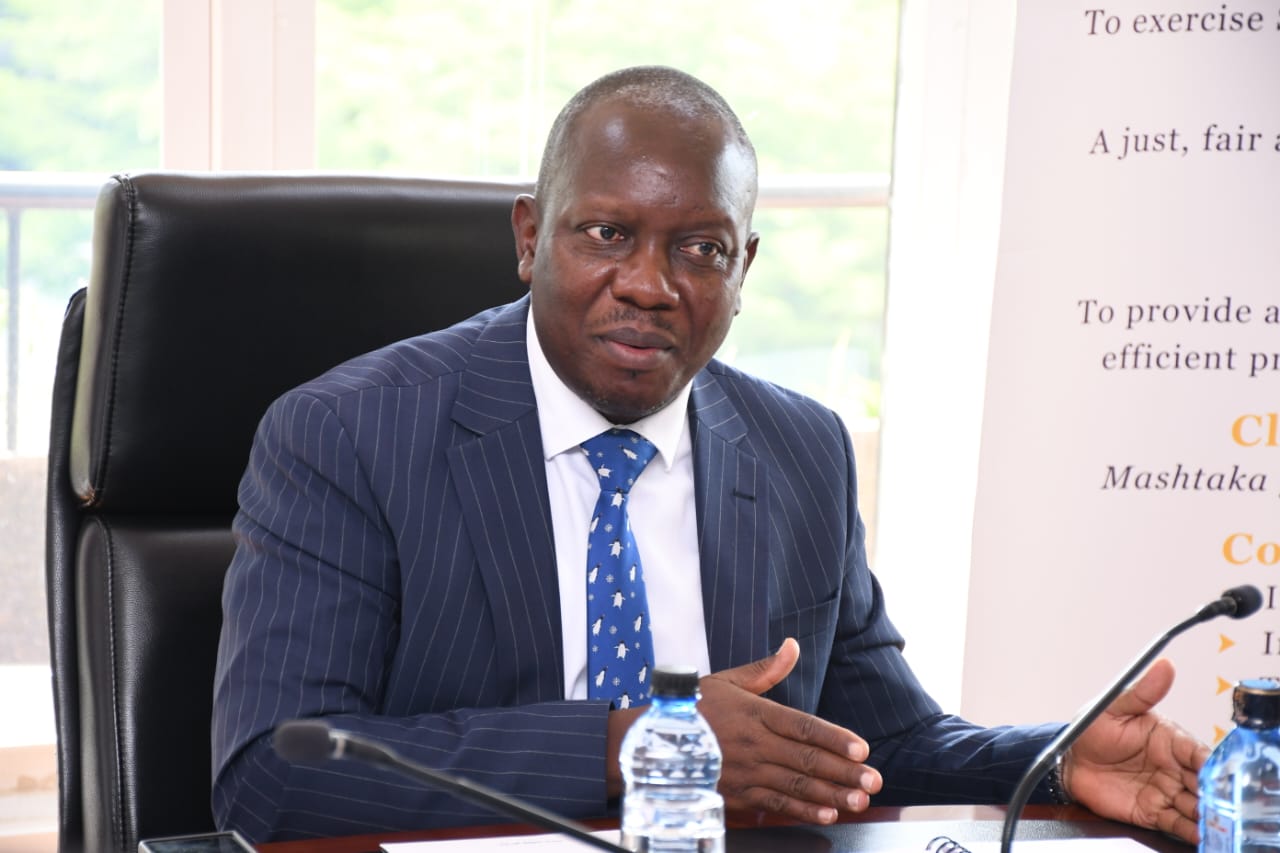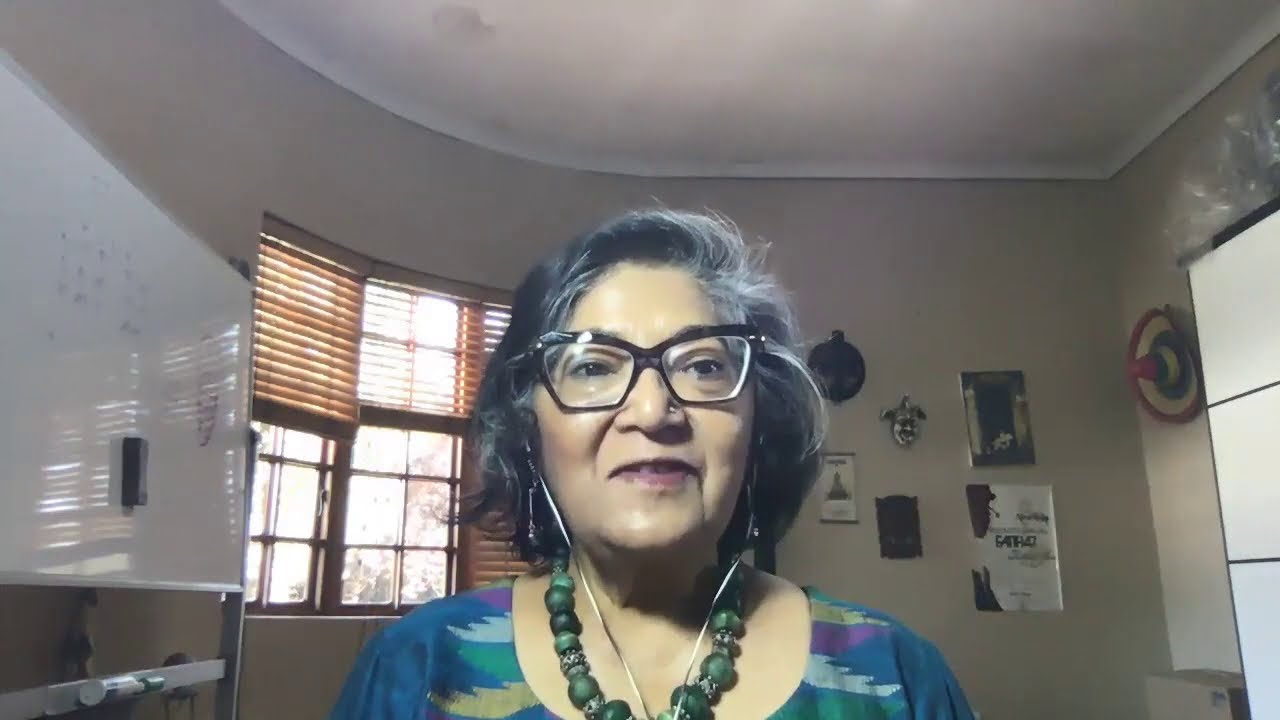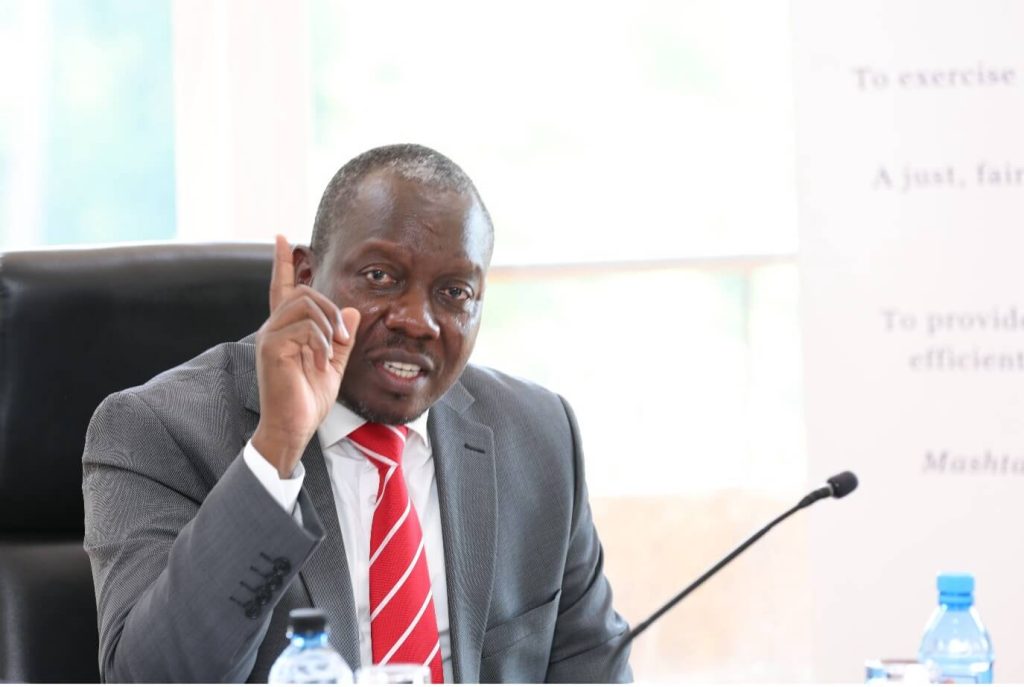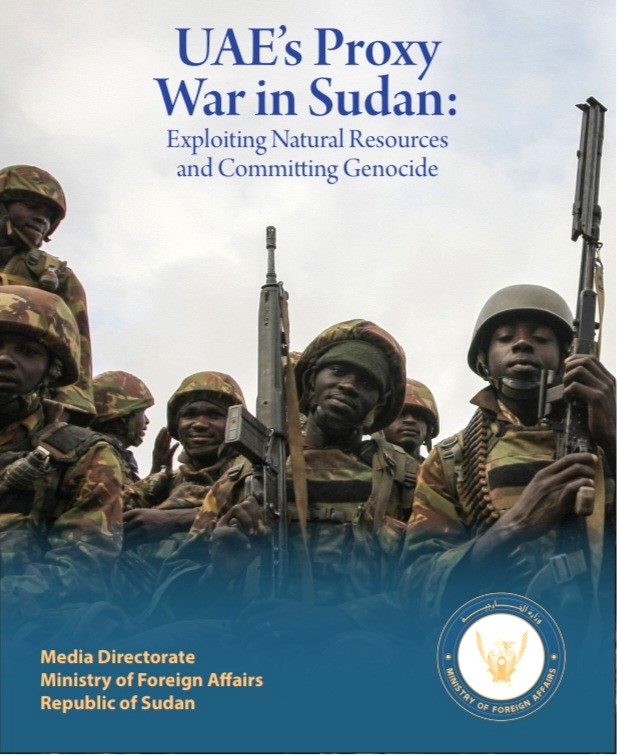By The Weekly Vision Investigations Desk
The Office of the Director of Public Prosecutions (ODPP), the Directorate of Criminal Investigations (DCI) and the Ethics and Anti-Corruption Commission (EACC) are facing growing criticism for failing to act on intelligence linking Kenyans to one of the largest Covid-19 fraud schemes uncovered in the United States.
To unlock the full article:
Choose one of the options below:
- Ksh 10 – This article only
- Ksh 300 – Monthly subscription
- Ksh 2340 – Yearly subscription (10% off)
Despite receiving mutual legal assistance from the US Department of Justice (DoJ) in early 2022, no significant prosecutions have been initiated in Kenya against more than 47 individuals, including Kenyans, Somalis, and Ethiopians, implicated in laundering an estimated Sh30 billion through Kenyan banks, real estate, beach resorts, and shell companies.
The funds, siphoned from the US Federal Child Nutrition Programme during the pandemic, were invested in luxury properties in Nairobi’s South C, Kilimani, and Eastleigh estates, prime beach resorts at the Coast, and vast tracts of land in Mandera and other parts of northern Kenya.
In 2021, the ODPP then under Nurdin Haji received detailed dossiers from US authorities. However, neither his office nor that of his successor, Mr Renson Ingonga, has pursued prosecutions or recovery proceedings. Likewise, the EACC and the Assets Recovery Agency (ARA) have yet to seek court orders to seize assets suspected to have been acquired from the fraud.
The latest development came on 4 September 2025 in Minnesota, where US prosecutors charged 28-year-old Mandera native Ahmednaji Maalim Aftin Sheikh with conspiracy to commit international money laundering. Sheikh is accused of helping his brother, Abdiaziz Shafii Farah, launder millions of dollars into Kenya. Farah, identified as the leader of the so-called “Empire Group”, was sentenced last month to 28 years in prison for his role in the fraud and awaits sentencing in a separate case involving jury tampering.
According to US court documents, Sheikh invested millions in Kenyan property, including a 20% stake in a real estate firm, an apartment block in South C, and land in Mandera. Investigators uncovered phone messages and photographs exchanged between the brothers, including images of large sums of cash, wire transfers, and receipts totalling millions of dollars.
The DoJ revealed that Abdiaziz Farah and his associates defrauded the US child nutrition programme of more than $40 million between 2020 and 2022 by falsely claiming to feed thousands of children during the pandemic. The illicit funds were channelled through shell companies before being laundered abroad.
Other Kenyans linked to the scheme include Said Farah, Abdimajid Farah, Abdimajid Nur, Hayat Nur, Abdiwahab Aftin, and Liban Shire, who are alleged to have received funds, registered shell companies, or otherwise facilitated money laundering transactions.
Since the first indictments were unsealed in September 2022, US authorities have charged more than 70 individuals in what FBI Director Christopher Wray described as “the largest pandemic relief fraud scheme yet.” The FBI, DoJ, and US courts have extensively detailed how millions of dollars were diverted into Kenya’s property market.
Yet, three years on, Kenyan investigative and prosecutorial bodies remain silent, fuelling public suspicion of negligence or possible complicity. The latest indictment underscores the widening scope of the case. On 5 September 2025, US authorities announced that Muna Wais Fidhin, 44, had been arrested and charged in a ten-count indictment. She faces three counts of wire fraud, four counts of federal programme bribery, and three counts of money laundering in connection with the Feeding Our Future fraud scheme. Fidhin becomes the 75th defendant charged in what US officials continue to describe as the country’s largest Covid-19 fraud case.
[/full]




